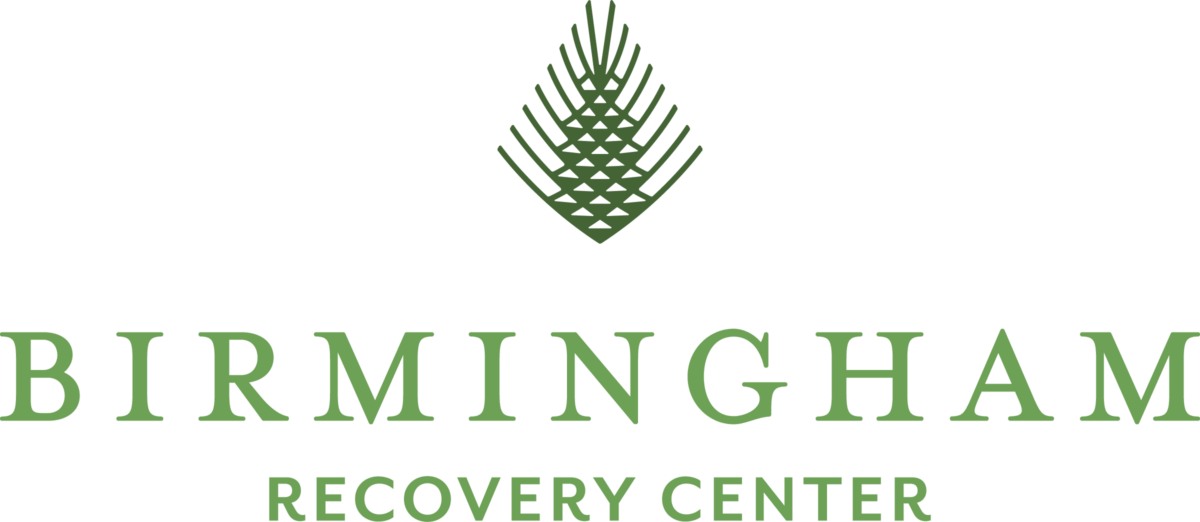College is a time of great transformation for most. Not only are kids leaving the nest for the first time, but they are embarking on the very beginning of their adulthood. So, it comes as no surprise that there will be mistakes made along the way and things might not turn out how they were expected to. For many, they may have never expected to find themselves abusing drugs or alcohol at this vital moment in their lives. Unfortunately, though, substance abuse in college students occurs more often than most think.
Substance Abuse in College Students: Statistics
Over the years, substance abuse in college students has become more and more common. Rates of abuse are continuously rising, with a recent report finding that 37% of college students abused drugs and/or alcohol regularly. Additional statistics regarding substance abuse in college students include the following:
- 54.9% of full-time college students drank within the last month, a rate 10% higher than non-college students
- Slightly more than 5% of college students abused hallucinogens and cocaine in 2018, according to the National Survey on Drug Use and Health (NSDUH)
- 45% of college students use an illicit drug, 18% of which were drugs other than marijuana
- 3.5% of college students have abused benzodiazepines like Ativan and Xanax
- 75% of college students have abused alcohol
Types of Substance Abuse in College Students
College is certainly a time for experimentation, but when it comes to substance abuse, skipping out on the experimentation is not a bad idea. Unfortunately, many college students try drugs and alcohol at this point in their lives, with some ending up addicted.
The most common types of substances abused by college students include alcohol, Adderall, marijuana, and prescription pills.
Alcohol
For decades, college has been known as a place to drink alcohol. Of course, college is also known for many other things, but the parties and the drinking are common across the board. As mentioned before, 75% of college students have abused alcohol. That means that three-quarters of college students have gotten drunk at least once while at school. The reason this substance is so popular is because it is readily available and can be purchased by older college students. Students who are not 21 do not need to worry about showing their I.D. at a keg party on campus, either.
Adderall
Adderall abuse is so common on college campuses that it is known as a “study drug”. Countless college students turn to the use of this stimulant medication to help them stay alert and awake longer. This allows them to study more and focus better on assignments and exams. Adderall is also frequently abused in conjunction with alcohol, as its stimulating effect can often help revitalize someone who is drunk.
Marijuana
Today, marijuana has been legalized for personal consumption in dozens of states, making it easy to access and readily available. This mind-altering substance has long been common among college students, as it produces relaxing effects and silliness. College students can easily purchase marijuana (and legally at that), allowing for more people to experiment with it. Some college students will smoke marijuana traditionally while others might utilize them for edibles.
Prescription Pills
Prescription pills are not only common with the rest of the population, but also with college students. Some of the most frequently abused prescription pills include benzodiazepines (Ativan, Xanax, Klonopin), opioids (oxycodone, Vicodin, Percocet) and stimulants (Adderall, Ritalin). While not as easy to acquire as marijuana or alcohol, college students can get their hands on prescription pills by looking through their family and friends’ medicine cabinets. They can also have them easily prescribed by a medical professional if they complain about the right symptoms. Plus, lots of drug dealing occurs in colleges, as it is a substantial way for dealers to make money. Therefore, the flow of prescription drugs is always present.
Why Do College Students Abuse Substances?
There are a number of reasons why college students find themselves abusing substances like drugs and alcohol. Consider the following:
- Pressure to perform – Lots of college students abuse certain drugs in an effort to maintain the best grades possible. Unfortunately, abusing study drugs like Adderall or Ritalin can quickly lead to burnout and mood swings, both of which can stand in the way of achieving good grades.
- Peer pressure – Let’s face it — peer pressure in college is rampant. Of course everyone wants to fit in with everyone else. One way to do that is to join in on the drinking and drugging.
- Stress relief – College is usually the most stressful time of most individuals’ lives up until that point. They have completely begun a new journey of the unknown. This can cause stress to develop, which is difficult to carry around if you do not have the right coping skills to manage it. At this time in life, many college students are not equipped with the best coping skills or have the wherewithal to see their stress through. As a result, they are more likely to turn to drugs or alcohol to help alleviate the symptoms they are experiencing.
Substance abuse in college students happens for all sorts of reasons. In some cases, there might not be an evident reason. Regardless, abusing drugs or alcohol in college can turn into much more than experimentation, which is why it is imperative to seek treatment when needed.
Drug Rehab in Alabama
If you are struggling with a drug or alcohol problem, reach out to us right now. At Birmingham Recovery Center in Alabama, our team of admission specialists is prepared to answer all of your questions and help you get moving on the road to recovery. Call us today at (205) 813-7400

